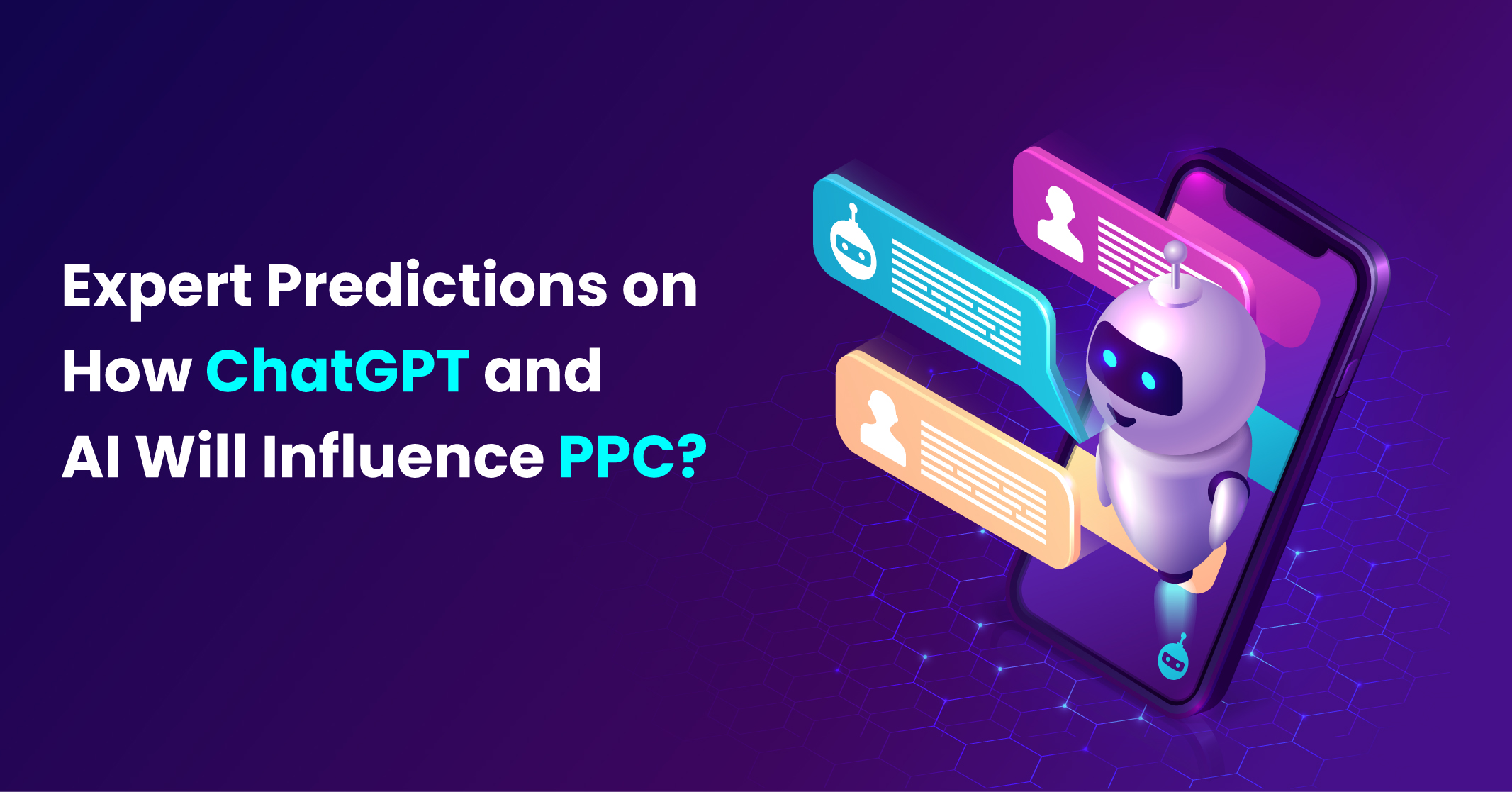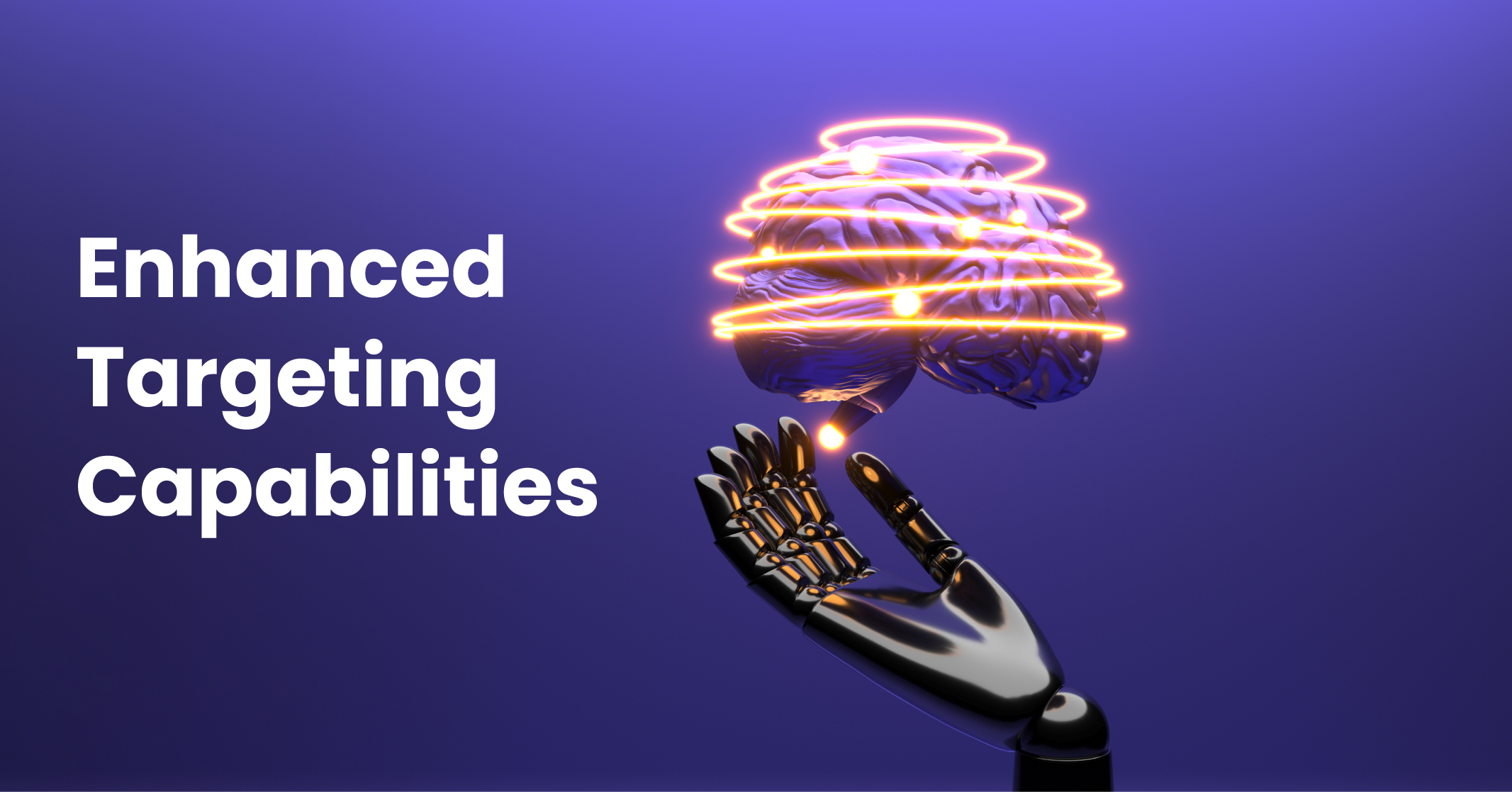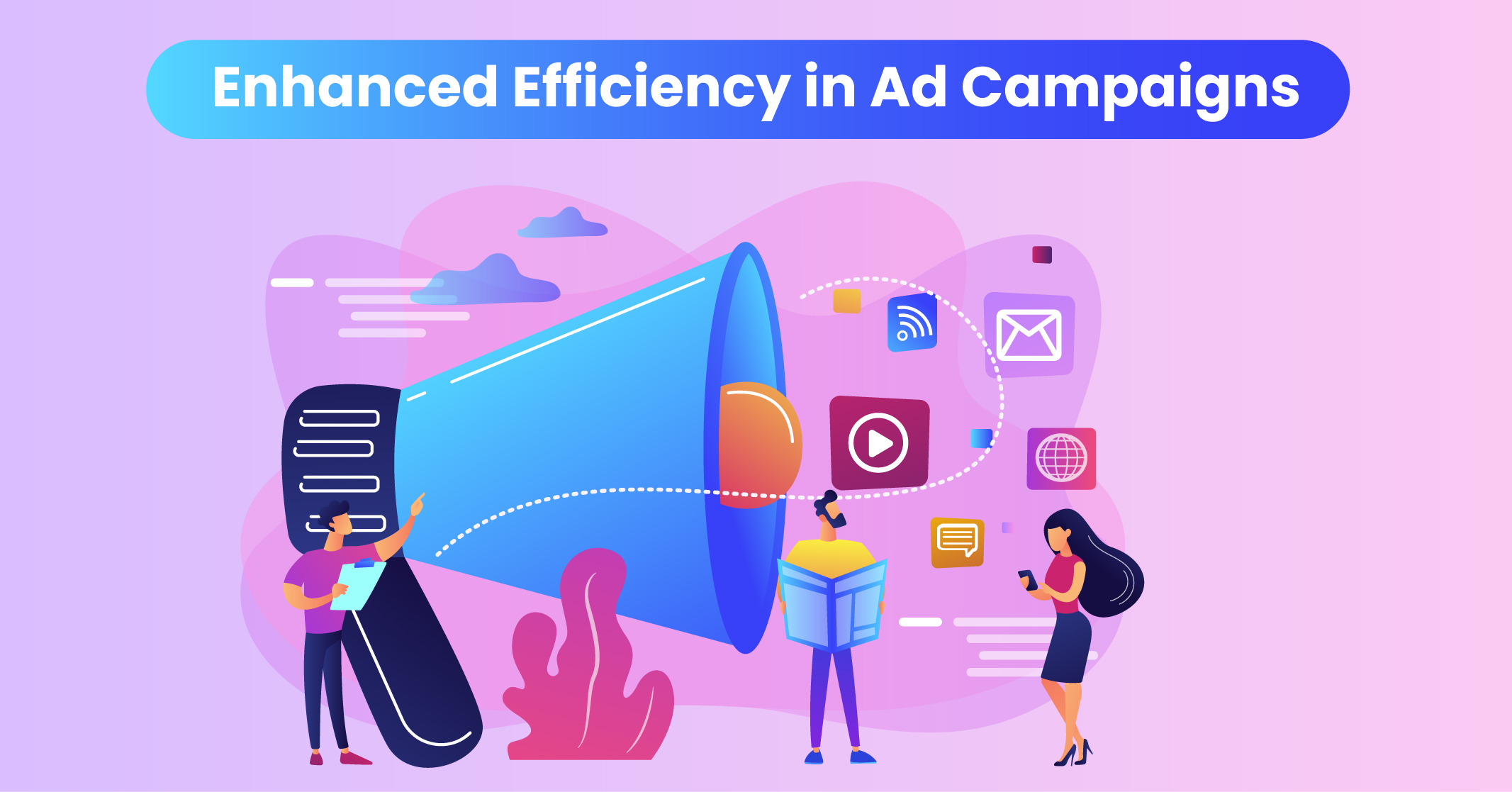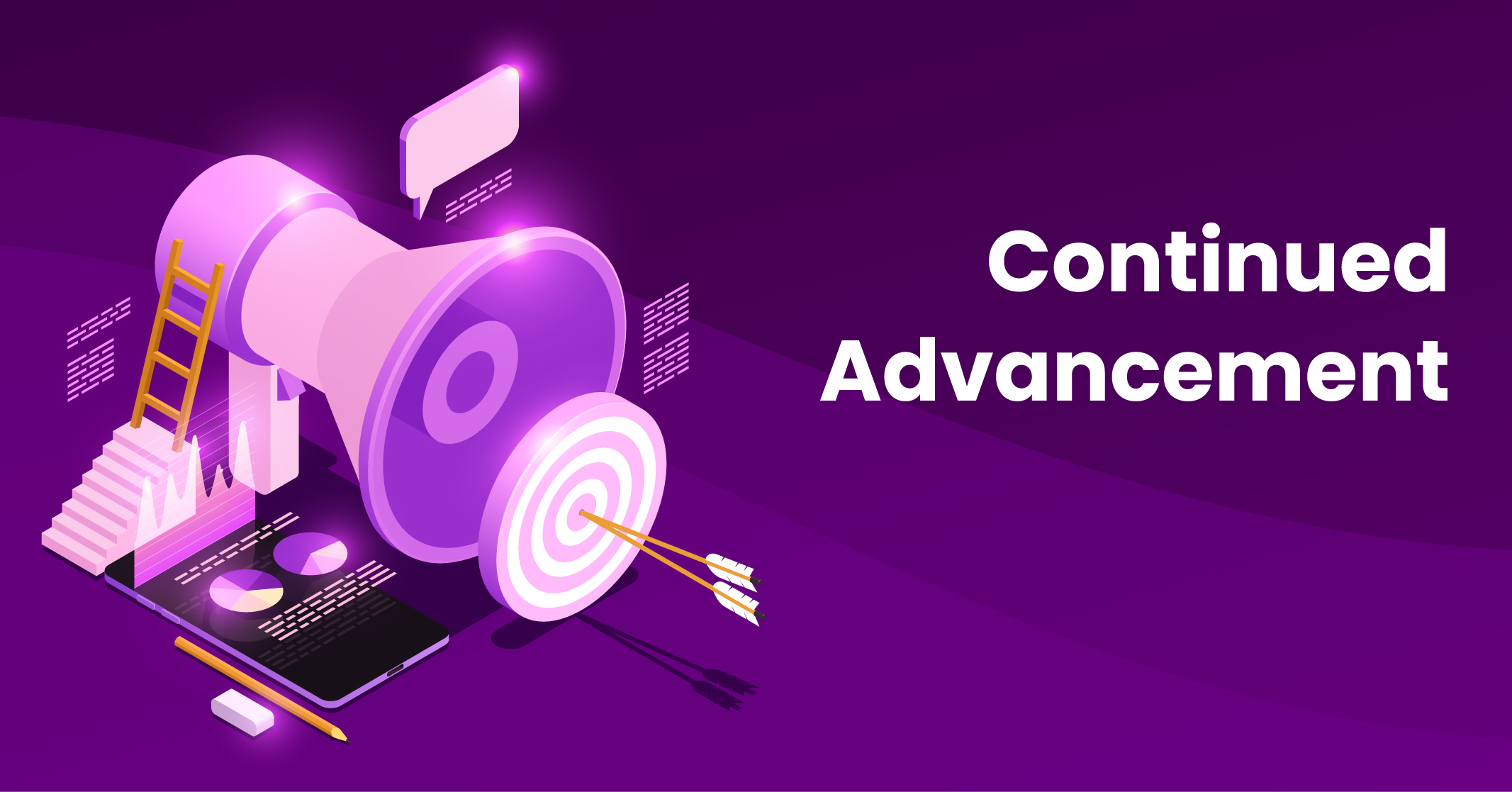I hope you enjoy reading this blog post.
If you want to get more traffic, Contact Us

Click Here - Free 30-Minute Strategy Session
Be quick! FREE spots are almost gone for this Month. Free Quote

After years of speculation and anticipation fuelled by science fiction literature and movies, the rapid progress and implementation of artificial intelligence (AI) are finally becoming a reality.
What Does It Mean?

Click Here – Free 30-Minute Strategy Session
Be quick! FREE spots are almost gone for this Month
The omnipresence of AI writing tools in today’s online landscape is undeniable. They have quickly emerged as a valuable tool for humanity, but the long-term implications and swift advancement raise numerous concerns.
While some embrace AI’s progress and its potential to reach a point of singularity, many others understandably harbour fears about the associated risks.
Irrespective of personal viewpoints, one thing remains evident: AI tools such as ChatGPT are already available, widely utilised and continuously evolving through regular updates.
In the following discussion, we will outline a few forecasts concerning the future of PPC marketing, ChatGPT and AI. Considering these factors, it becomes apparent that AI will wield significant influence over the realm of digital marketing, as well as virtually every other industry and profession, in the months and years ahead. Without further ado, let’s delve into these predictions.
ChatGPT Vs PPC
In conclusion, ChatGPT and PPC serve different purposes in the realm of digital marketing. ChatGPT emphasises creating interactive and personalised chat experiences, while PPC is an advertising model aimed at driving traffic, generating leads and increasing conversions.
Both can be valuable tools in different contexts, depending on the objectives and requirements of a business or platform.
The emergence of AI tools like ChatGPT brings the potential for advertisers to access more advanced targeting and optimisation capabilities in their PPC campaigns. This, in turn, may lead to heightened competition in an already crowded advertising space, resulting in increased costs.
As advertisers and AI writers utilising ChatGPT achieve improved campaign performance and revenue generation, it could drive up the prices of keywords, posing challenges for smaller advertisers to compete effectively.
ChatGPT Tips and Uses:
Google’s Response: Google has responded to this trend by introducing its own AI search experience, Google Search Generative Experience (SGE), which incorporates AI into the search engine results page (SERP). This integration could push organic search results further down the page, potentially affecting non-paid search traffic and click-through rates.
Consequently, there might be intensified competition to appear in Google Ads above SGE results. However, it is worth noting that AI tools, including ChatGPT and Google SGE, are not expected to completely replace search ads or diminish the significance of search. Rather, they represent an evolution or transition towards a more efficient model.
While these effects are anticipated, it is crucial to closely monitor the evolving landscape and adapt strategies accordingly to navigate the dynamic nature of PPC marketing.

ChatGPT app, along with other AI technologies, possesses the capacity to analyse vast datasets and extract valuable insights regarding audience behaviour. This capability is already evident to some extent through smart bidding strategies in platforms like Google Ads.
By aligning your target keywords and ad copy, automated bidding algorithms in Google Ads can learn over time and optimise for desired outcomes, such as conversions and clicks.
AI tools go beyond analysing data in text, CSV, or JSON files. They can also examine user behaviour across websites and various digital channels to identify patterns and trends. This includes:
How To Use ChatGPT?
Furthermore, ChatGPT can assist in keyword research by generating curated lists and structures for ad groups. While it may not replace traditional keyword research tools, it can contribute valuable insights.
With this information, advertisers can develop more effective targeting strategies for their PPC marketing campaigns. They can identify the most relevant keywords and phrases searched by their target audience, enabling the creation of more engaging and targeted ads.
Segmentation of the audience based on factors such as demographics, interests and behaviour can also be facilitated by ChatGPT.
In essence, while AI currently does not replace PPC professionals, those who choose to leverage these tools gain a competitive advantage over those who do not. As emphasised by a Google executive at Google Marketing Live 2023, the competition lies not against AI itself, but against other marketers who utilise AI tools.
What To Do?
PPC professionals need to embrace AI technology and leverage its capabilities to enhance their targeting strategies and stay ahead in the ever-evolving landscape of digital advertising.
One notable advantage of ChatGPT lies in its natural language processing capabilities. By providing the AI with relevant information about the desired ad copy, ChatGPT can generate persuasive and, at times, surprisingly creative suggestions.
Whether it’s using ChatGPT as a brainstorming tool for headline ideas or relying on it to generate complete ad copy, it proves to be an immensely powerful asset for PPC campaigns.
Due to its training in extensive text data, ChatGPT can produce language that sounds natural. This opens possibilities for advertisers to create more engaging ad copy that resonates with their target audience.
Some AI and PPC Tips:
Important Points to Remember:

Through the utilisation of ChatGPT and other AI tools, advertisers can potentially achieve greater efficiency in their ad campaigns.
By streamlining processes such as keyword research and ad copy creation, AI can help save valuable time and reduce costs for advertisers. ChatGPT, for instance, possesses the capability to analyse user behaviour and preferences, allowing it to understand which ads are most relevant and engaging to individual users.
By examining data like search history, browsing patterns and social media activity, ChatGPT can discern users’ interests and preferences.
Points To Note:
In summary, AI’s analysis of user behaviour and preferences offers valuable insights into the effectiveness of different ad types. Advertisers can leverage this information to refine their targeting strategies and ad creativity, ultimately enhancing the overall efficiency of their campaigns.
Learn More: Project Magi: The Future of AI-Driven Search Tools
Over the past six years, the utilisation of machine learning in the paid media landscape has become increasingly prevalent. Throughout this period, my stance on the subject has remained consistent, albeit with slight modifications.
To summarise, machine learning has significantly simplified campaign setup and management, leading to notable improvements in performance when specific goals are set within the platform.
What Can Be Done?
The growing reliance on machine learning algorithms, which shift control from advertisers to the platforms running their advertising budgets, is not always advantageous.
These platforms can introduce unnecessary complexity to campaigns and restrict advertisers’ ability to make fine-tuned adjustments they previously had control over. Essentially, they aim to transform PPC into a one-size-fits-all robotic system that automates ad management.
As AI tools continue to enhance their capabilities, advertisers may increasingly depend on machine learning algorithms to handle their PPC marketing campaigns. As mentioned earlier, this could result in heightened efficiency and improved outcomes.
However, it may also lead to a lack of transparency in budget allocation and a general absence of the nuanced understanding that a human marketer can bring to a marketing campaign.
What Is Google Doing?
To conclude, this prediction raises significant concerns for several reasons. Firstly, AI can fully automate PPC campaigns, potentially eliminating jobs in the process. However, it shouldn’t lead to job losses. The “best practices” implemented by AI may not always align with the specific needs of individual advertisers.
The AI responsible for setting up and running PPC campaigns will follow the best practices defined by its creators, which may prioritise the interests of the company rather than the advertiser’s cost efficiency. Hence, it remains crucial to integrate human oversight and expertise into AI-enabled PPC campaigns to ensure optimal results.

As the evolution of ChatGPT and AI persists, we can anticipate a continuous stream of innovation in the realm of PPC marketing. This ongoing progress may bring about new ad formats, targeting techniques and measurement tools that enable advertisers to achieve even more remarkable outcomes from their campaigns, as glimpsed during Google Marketing Live 2023.
The pace at which these changes will occur remains uncertain. AI has been advancing at a somewhat staggering speed. Typically, when a new technology emerges, there is an adoption period spanning months and years, allowing industries to adapt.
Below are some of the key areas where we anticipate continued innovation:
Enhanced Ad Targeting and Performance: ChatGPT is merely one instance of this innovation, but we can expect numerous other advancements in the years ahead. One area that will likely see ongoing innovation in PPC is the utilisation of artificial intelligence and machine learning to enhance ad targeting and performance.
As AI and machine learning technologies continue to improve, advertisers will gain access to more sophisticated tools and algorithms that analyse user behaviour, identify trends and optimise ad campaigns.
Novel Ad Formats and Channels: Another domain where innovation is expected is the exploration of new ad formats and channels. For instance, as voice assistants and smart speakers become more ubiquitous, advertisers may seek ways to deliver ads through these devices.
Additionally, we may witness the emergence of more interactive, personalised and immersive ad types, such as augmented reality (AR) ads or virtual reality (VR) ads. These advancements will provide advertisers with fresh avenues to engage their target audience and captivate their attention.
Furthermore, we can anticipate ongoing advancements in the measurement and attribution of ad performance. With an increasing number of users engaging with ads across various devices and channels, advertisers will require better methodologies to track and analyse these interactions to comprehend the impact of their ad campaigns.
Ultimately, the continued innovation in the PPC advertising industry holds the potential for a more effective and efficient advertising ecosystem. Advertisers will be better equipped to precisely target their intended audience, while users will encounter ads that are more relevant and captivating.
However, it also implies that advertisers must stay attuned to the updates occurring in the PPC landscape and be prepared to adapt and experiment to continue achieving favourable outcomes.
To summarise, the future of PPC advertising holds promising prospects for advertisers to succeed in their marketing endeavours, particularly by leveraging AI capabilities to augment their campaigns instead of solely depending on them.
As AI advances further, it becomes crucial to stay updated with the latest developments and innovations in the field.
Outlined below are the six keyways in which AI will influence PPC:

LEAVE A REPLY